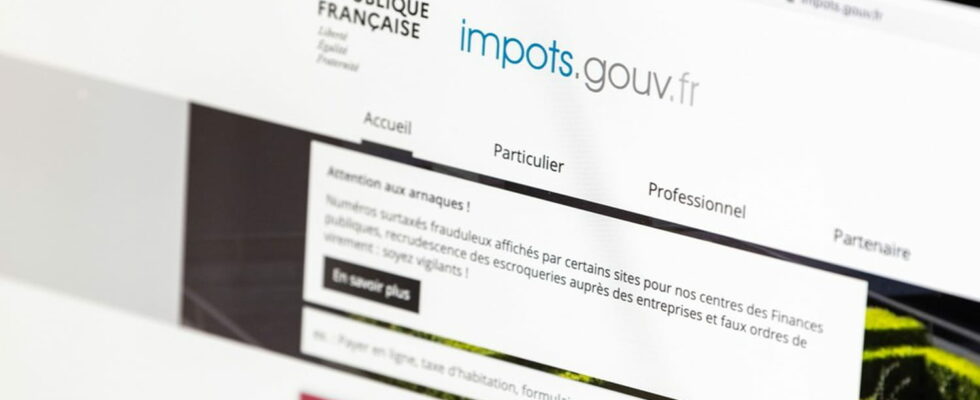Taking advantage of the opening of the income declaration period, crooks send SMS inviting to declare transactions in cryptocurrency on its online space. A phishing scam in which you should not fall.
Fraudulent SMS campaign, identity theft, scam with false transfer orders, accusations of fallacious fraud or tax evasion … Tax services regularly warn Internet users and taxpayers against scams of this type. And you have to be particularly vigilant about it right now! Indeed, on April 10 marks the opening of the period during which you will have to make the declaration on your income from 2024, and which ends at the end of May-start June, according to the departments.
In short, the period is ideal for crooks to usurp the identity of the tax service. Also, as the alert, the Directorate General of Public Finance (DGFIP), it is possible that you have received or that you receive an SMS to connect to your tax account to declare your transactions in cryptocurrencies. Do not do it, because it is a scam!
2025 tax scam: a clone site more true than life
The message takes the following form: “”[Impots.gouv] Crypto transactions have been detected on your accounts. Declare them to avoid an increase of 40 %”, Accompanied by a link which refers to a site with all the codes of the official tax platform-the capital gains of your cryptocurrencies are indeed subject to tax. The site is all the more credible as its URL resembles that of the official site: the scammers used “-gouv-fr.com” instead of “gouv.fr”, as for all official state sites. You are then invited to connect. Obviously, all this information, including banking, will be recovered by cybercriminals.
Keep in mind that the tax administration will never ask you to fill out an online form via an SMS or an email. You must always connect yourself to your personal space. To check the identity of the sender if it is an email, control his address: only those ending with “@dgfip.finances.gouv.fr” are official. Likewise, legitimate government sites always end with “.gouv.fr”. Any other URL can be fraudulent.
If you get fooled by this scam, immediately contact your bank and follow the recommendations of the official prevention website cybermalvence.gouv.fr. Change your password and inform the problem of the problem. Finally, keep all the evidence and file a complaint with the police station. Also remember to report the fraudulent message via SIGNAL SPAM, Pharos or at 33700 In case of phishing by email or SMS.
